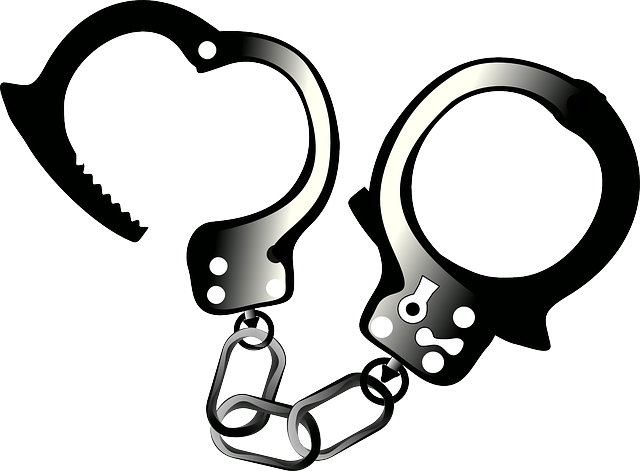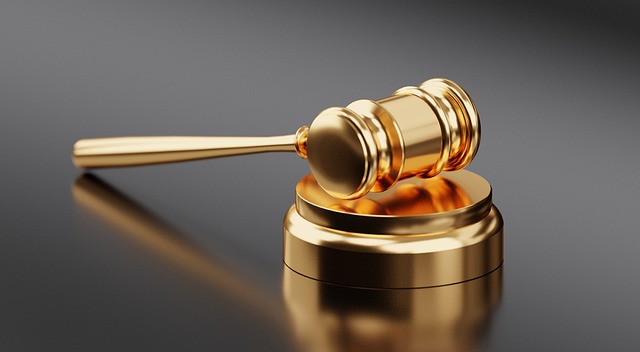Criminal justice defense is a multifaceted legal field focused on safeguarding individuals accused of crimes from systemic injustices. Defense attorneys play a crucial role by advocating for clients' rights, challenging biased practices, and ensuring fair trials through knowledge of constitutional rights and legal procedures. The interplay between legal policy and criminal justice defense shapes strategies, influenced by societal values and public perception. Navigating complex systems requires attorneys to stay informed about legislative changes and devise innovative approaches. Balancing aggressive representation with ethics is essential, especially in underserved communities with limited access to quality legal aid. Future developments in technology, such as AI and remote court proceedings, will revolutionize criminal justice defense, enhancing efficiency while ensuring fairer legal processes.
“Dive into the intricate world of criminal justice defense with our comprehensive guide. This article unravels the fundamental concepts and principles that underpin effective legal representation in criminal cases. We explore how policy shapes defense strategies, delving into ethical considerations that guard the integrity of the system. Additionally, we peek into future trends, highlighting innovations transforming criminal justice defense law. By understanding these dynamics, legal professionals can navigate complex defenses, ensuring fairness within our criminal justice system.”
- Understanding Criminal Justice Defense: Key Concepts and Principles
- The Role of Legal Policy in Shaping Criminal Defense Strategies
- Challenges and Ethical Considerations in Criminal Defense Practice
- Future Trends and Innovations in Criminal Justice Defense Law
Understanding Criminal Justice Defense: Key Concepts and Principles

Criminal justice defense is a multifaceted legal concept that revolves around protecting individuals accused of crimes from systemic and procedural injustices. It encompasses a range of principles and strategies aimed at ensuring fair trials, challenging biased law enforcement practices, and upholding the rights of defendants throughout the criminal justice system.
At its core, criminal justice defense involves understanding the intricate interplay between constitutional rights, evidentiary rules, and legal procedures. Key concepts include the right to counsel, protection against self-incrimination, and the presumption of innocence. Defense attorneys play a pivotal role in navigating these complexities, advocating for their clients’ rights, and presenting compelling defenses to counter the prosecution’s case. By familiarizing themselves with foundational principles and staying abreast of legal developments, defense lawyers contribute significantly to the fairness and integrity of the criminal justice process.
The Role of Legal Policy in Shaping Criminal Defense Strategies

The intricate relationship between legal policy and criminal justice defense is a cornerstone in shaping the strategies employed by defense attorneys. Legal policies, often driven by societal values and evolving public perception, dictate the framework within which criminal defense operates. These policies influence not only the rights of the accused but also the resources allocated to their representation, ultimately impacting case outcomes. For instance, changes in bail reform policies can significantly alter the course of a trial, affecting both the defendant’s pretrial liberty and the strategy chosen by their legal counsel.
Understanding these policy nuances is vital for defense lawyers as they navigate complex criminal justice systems. By staying abreast of legislative developments, attorneys can anticipate potential pitfalls and devise innovative approaches to protect their clients’ interests. This proactive approach ensures that criminal defense remains a robust and fair process, upholding the principles of justice while adapting to changing legal landscapes.
Challenges and Ethical Considerations in Criminal Defense Practice

The realm of criminal justice defense is fraught with intricate challenges and ethical dilemmas that lawyers must navigate meticulously. One significant hurdle is the constant pressure to secure favorable outcomes for clients, often while adhering to stringent ethical guidelines. Lawyers face a delicate balance between zealous advocacy for their clients and upholding the integrity of the legal system.
Additionally, they grapple with issues like mitigating circumstances, potential biases, and the need for robust investigations. The complexity deepens when dealing with underserved communities, where access to quality legal representation may be limited. These factors underscore the importance of continuous professional development and a commitment to ethical practice within the criminal defense bar, ensuring justice is not only served but also perceivable to all.
Future Trends and Innovations in Criminal Justice Defense Law

The future of criminal justice defense law is poised for significant shifts, driven by technological advancements and evolving societal needs. Artificial intelligence (AI) and data analytics are expected to play a pivotal role in enhancing legal strategies. These tools can analyze vast amounts of case data, identify patterns, and predict outcomes, enabling defense attorneys to tailor their arguments more effectively. Additionally, the rise of remote court proceedings and digital evidence collection during the COVID-19 pandemic has accelerated the adoption of technology within criminal justice systems. This trend is likely to continue, making legal practices more efficient and accessible.
Innovation in legal research and discovery processes will also shape defense policy. Advanced search algorithms and natural language processing can streamline document review, saving time and resources. Furthermore, as privacy laws evolve to protect individual data, the development of secure digital platforms for case management and evidence sharing becomes imperative. These advancements promise to revolutionize criminal justice defense, ensuring fairer and more efficient legal processes in the coming years.














